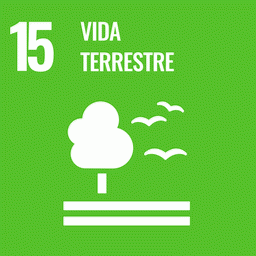Fire is a powerful ecological and evolutionary force that regulates organismal traits, population sizes, species interactions, community composition, carbon and nutrient cycling and ecosystem function. It also presents a rapidly growing societal challenge, due to both increasingly destructive wildfires and fire exclusion in fire-dependent ecosystems. As an ecological process, fire integrates complex feedbacks among biological, social and geophysical processes, requiring coordination across several fields and scales of study.
Here, we describe the diversity of ways in which fire operates as a fundamental ecological and evolutionary process on Earth. We explore research priorities in six categories of fire ecology: (a) characteristics of fire regimes, (b) changing fire regimes, (c) fire effects on above-ground ecology, (d) fire effects on below-ground ecology, (e) fire behaviour and (f) fire ecology modelling.
We identify three emergent themes: the need to study fire across temporal scales, to assess the mechanisms underlying a variety of ecological feedbacks involving fire and to improve representation of fire in a range of modelling contexts.
Synthesis: As fire regimes and our relationships with fire continue to change, prioritizing these research areas will facilitate understanding of the ecological causes and consequences of future fires and rethinking fire management alternatives.
